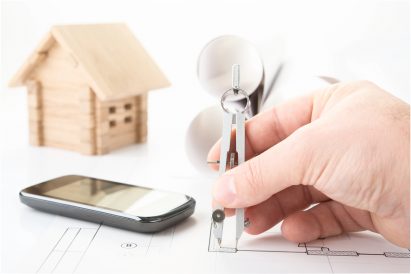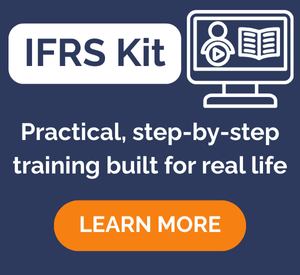How to Account for Intangible Assets under IAS 38
Is it an asset or an expense? How to account for amortization? What if the asset has indefinite useful life? Learn here in our newest article with the video in the end!
IAS 38: Intangible Asset or Expense?
Recently I had an argument with auditors of one company related to the customer list they bought. The company paid significant amount of cash for the list of customers of telecommunications. The list contained the names, addresses and phone numbers of all the clients. And,…
Top 3 Questions about IAS 41 Agriculture
I rarely publish articles about specific sectors, but this time, I decided to make an exception. Why? The reason is that although most of you do NOT deal with agriculture, it is still one of the most important industries in the world. It is so…
How to Test Goodwill for Impairment
When a company acquires control over another company, then often a goodwill arises, too. You should present it as an intangible asset, but when you think about it carefully, a goodwill is not a typical asset, because unlike other assets, you cannot sell it to…
Summary of IFRS 5 Non-current Assets Held for Sale and Discontinued Operations
When a company (or another entity) plans to sell an asset and / or stop some part of its business, then it might affect its future cash flows, profitability and overall financial situation. Therefore, the users of financial statements, mainly investors, should be informed about…
What are directly attributable costs?
Last update: 2023 When you acquire a long-term asset, you can include directly attributable costs to the initial measurement of its cost. Although IFRS define directly attributable expenses quite clearly and provide a few examples, there are many different items we are not sure about….
Summary of IAS 40 Investment Property
Last update: July 2023 Many accountants falsely believe that there’s only one standard that deals with long-term tangible assets: IAS 16 Property, Plant and Equipment. While it’s true that you need to apply IAS 16 for most of your long-term tangible assets, it’s not the…
When to start depreciation?
After graduating from a university I started my career in a famous, then Big 5 audit company. If you work in auditing I bet you got the worst tasks and assignments during your first year at work! Just as I did. I remember taking part…
How to Account for Government Grants (IAS 20)
Almost every government supports certain companies or business by providing grants or other kind of assistance. As this is clear benefit and advantage comparing with other companies without such an assistance, it should be properly reported in the financial statements. How? Let’s explain the rules…
Current or Non-Current?
Most balance sheets present individual items in distinction to current and non-current (except for banks and similar institutions). This seems so basic and obvious that most of us do not really think about classifying individual assets and liabilities as current and non-current. We do it…
Recent Comments
- Tan Chee Hong on Retention in construction contracts
- Ahumuza on Accounting for discounts under IFRS
- Saheed Kehinde on How to account for intercompany loans under IFRS
- hassan ali on IFRS 15 Explained: Full Guide on 5-step Model for Revenue Recognition + Free Journal Entries Template
- BiG4 on IAS 23 Borrowing Costs Explained (2025) + Free Checklist & Video
Categories
- Accounting Policies and Estimates (14)
- Consolidation and Groups (25)
- Current Assets (21)
- Financial Instruments (56)
- Financial Statements (54)
- Foreign Currency (9)
- IFRS Videos (74)
- Insurance (3)
- Most popular (6)
- Non-current Assets (56)
- Other Topics (15)
- Provisions and Other Liabilities (46)
- Revenue Recognition (27)
- Uncategorized (1)













